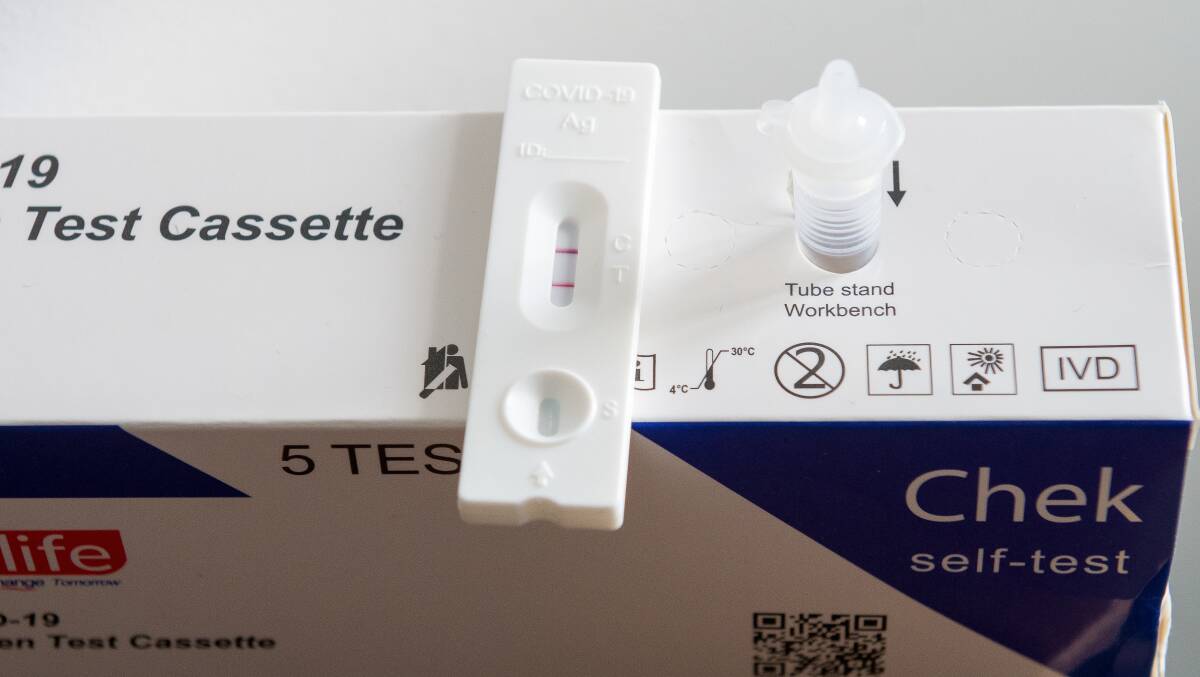Almost 30 per cent of Australian adults who have had COVID-19 experienced symptoms for more than four weeks, new research has found.
Subscribe now for unlimited access.
$0/
(min cost $0)
or signup to continue reading
Research from the Australian National University has also found those who have had long-COVID have "significantly and substantially lower life satisfaction".
Females, young adults and middle income earners were among the most likely to contract COVID and had the greatest number of infections reported.
The research from the ANU Centre for Social Research and Methods found more than half of Australian adults - 52.4 per cent - reported either having COVID or thinking they may have had it.
Of those, more women than men have reported having COVID at 56.1 per cent and 48.5 per cent, respectively.
Younger adults were more likely to have reported having COVID with more than 63 per cent of those aged between 25 to 44 reporting an infection. Only about one third of those aged over 75 have reported having COVID-19.
Nearly 90 per cent of those infected reported having symptoms. People reported having, on average, 10 different symptoms as a result of their COVID-19 infection.
MORE HEALTH NEWS:
The research also found 29 per cent of Australian adults who had been infected with the virus had experienced long-COVID. The research used the definition of long-COVID by the United Kingdom's National Institute of Health and Care Excellence which is COVID where symptoms last longer than four weeks.
The institute has three categories of COVID: acute (signs and symptoms up to four weeks), ongoing symptomatic COVID (signs and symptoms four to 12 weeks) and post COVID syndrome (signs and symptoms more than 12 weeks).
The institute said long-COVID can be used interchangeably for ongoing symptomatic COVID and post-COVID symptoms. The most common of those symptoms was tiredness and weakness.
Other common symptoms were a cough, shortness of breath and difficulty concentrating.
The research findings were based on information from 3510 responses between August 8 to 22.
The research also found people who had long-COVID had a lower life satisfaction, with lead author Nicholas Biddle saying the group was more likely to experience a drop in wellbeing compared to the start of the pandemic.
"Of those who experienced COVID-19 symptoms, 40.7 per cent said they experienced low mood. Our data suggests those who had symptoms for multiple months were impacted the most," he said.
"On the other hand, people who had short experiences with COVID-19 or few symptoms generally didn't experience a decline in wellbeing compared to those who had not had COVID-19."



